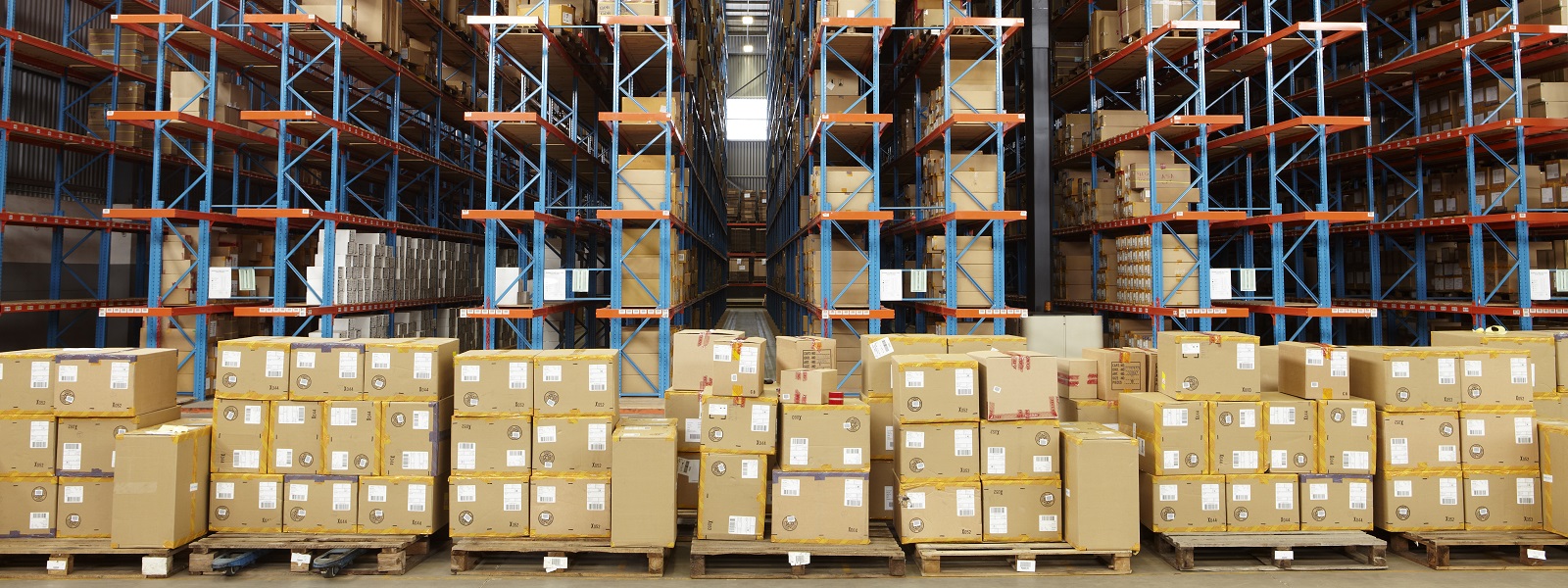Private equity value for buyouts and exits combined rose to US$227.8 billion in the second quarter of 2019, an 11% rise quarter on quarter. This total came from 1,064 deals, down 8% from the first quarter. Taken separately, buyout activity rose 37% to US$139.9 billion on the previous quarter, while exits fell slightly, from US$102.8 billion to US$87.9 billion.
The concurrent rise in deal value and fall in deal volume suggests that activity at the top end of the market is rising relative to the middle market. There were 16 deals worth above US$5 billion in the first half of 2019, totaling US$157.8 billion, up on 15 deals totaling US$147.2 billion over the same period in 2018.
Dry powder, take privates and multiples head skywards
Globally, dry powder for PE, and associated funds such as infrastructure and debt, has reached over US$2 trillion, according to data provider Preqin. This level of available capital, combined with benign financing conditions, has pushed average buyout multiples to record highs.
With so much competition for strong assets, PE firms searching for value are increasingly considering take privates of publicly listed firms. Many public companies trade at lower multiples than PE buyout multiples, and even factoring in a take-private premium may look like a bargain compared to privately held companies. Already in 2019, US$87.5 billion worth of take-privates were announced, only 9% less than the total deal value announced in all of 2018.
In the largest PE deal of Q2, telecoms infrastructure firm Zayo was taken private by a consortium consisting of US-based Digital Colony and Sweden-based EQT for US$14 billion. The US-based Zayo was under some pressure to sell after its shares lost a quarter of their value within 12 months. Activist investor Starboard Value had built a 4% stake in the company and urged the company to consider all options, including a sale, in May.
The US$10.3 billion acquisition of Buckeye Partners by Australian firm IFM was the third-largest PE buyout in Q2. US-based Buckeye is a master limited partnership (MLP), a type of tax-efficient listed structure which can be used to hold oil and gas companies’ pipeline assets.
Similarly, KKR’s US$5.6 billion deal to buy out minority shareholders of German newspaper group Axel Springer came after a similar drop in share price.
The consumer sector saw the largest rise in PE activity of any sector in Q2, up 61% year on year and 73% quarter on quarter to US$20 billion.
Subdued oil prices give PE an opportunity
While the Buckeye buyout was by far the largest PE deal in energy, mining and utilities, the sector overall performed well—there was a 53% rise in PE activity in the sector, up to US$25.2 billion, compared to the same quarter last year.
The second largest deal of the sector saw infra fund Stonepeak acquire Oryx Midstream Services—the largest privately held midstream operator in the Permian basin—for US$3.6 billion.
With oil prices trading well below last year’s high of US$85 a barrel, oil and gas majors may be more reluctant to strike deals, leaving a gap for PE and other financial sponsors to step in.
CEE and Middle East PE activity rises
In terms of regional activity, Central and Eastern Europe saw a noticeable jump, with volume rising 14% to 33 deals and value rising 32% to US$6.2 billion on Q1.
Notable deals include TPG Capital and VTB Capital’s exit from hypermarket chain Lenta, which was sold to Servergroup for US$2.9 billion, and the sale of German energy group Innogy’s Czech assets to a consortium led by Macquarie Infrastructure and Real Assets for US$2 billion.
The Middle East has continued to perform well as a region, with deal value up fivefold to US$4.4 billion from Q2 last year, thanks in large part to one deal: the US$3.4 billion acquisition of a 37% stake in B Communications, a holding company of Bezeq Telecoms, by US-based Searchlight Capital and an Israeli family office. The B Communications transaction is the largest PE-related deal in Israeli history. Deal volume jumped from 8 deals to 13 over the same period.
PE takes the fight to the strategics
With so much capital in their pockets, private equity sponsors remain under pressure to spend. And the spree is likely to continue at the top end of the market. However, buyout activity could become more subdued if a reported downturn becomes a reality and record high valuations continue to head north.
But until a downturn strikes, PE is unlikely to stop its spending spree as it challenges its corporate rivals, especially at the top end of the market.





